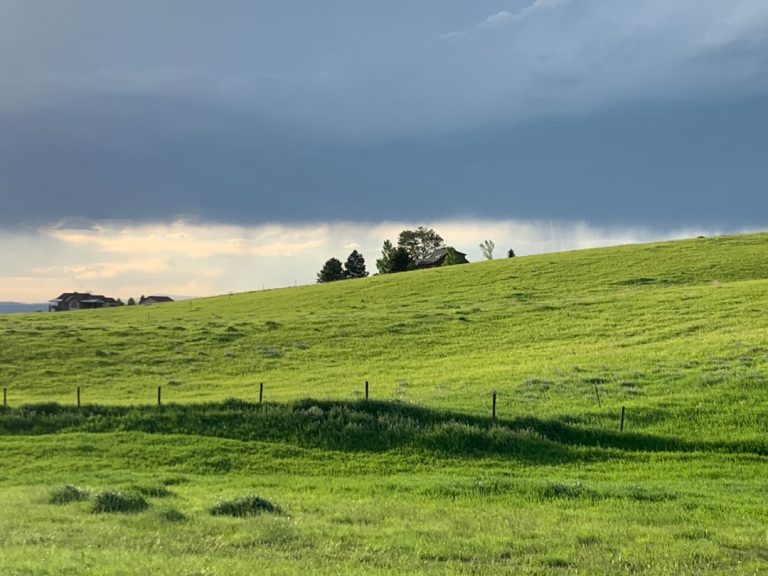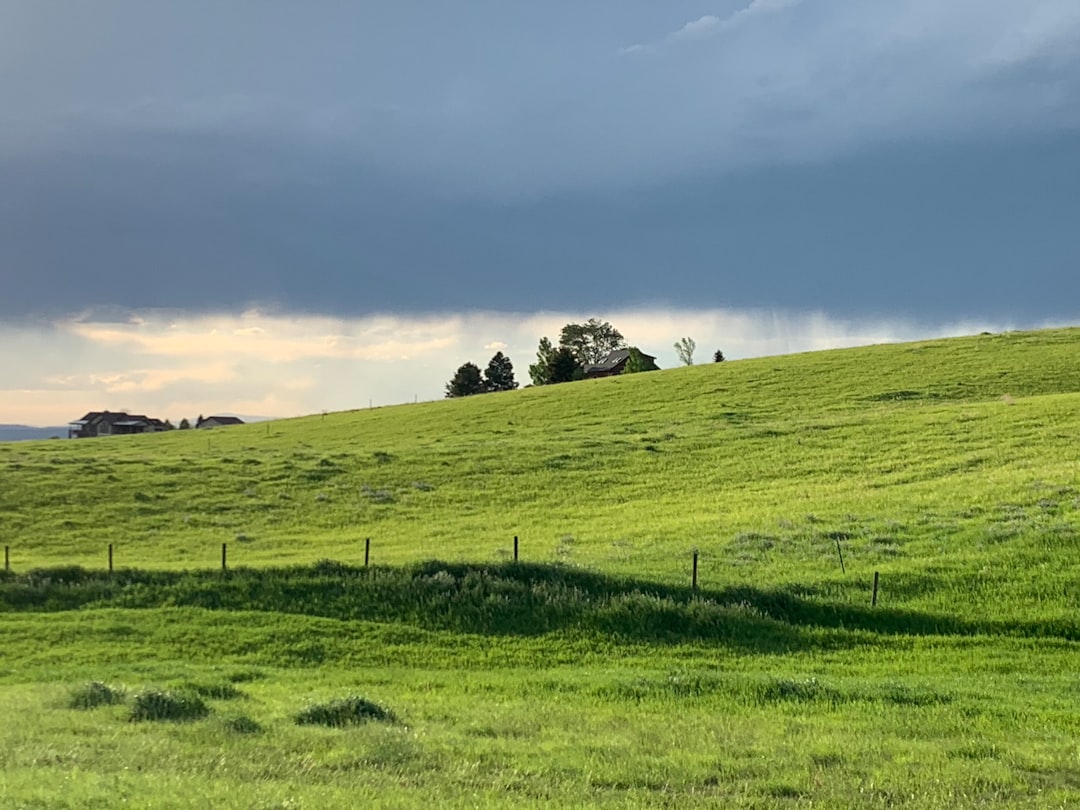Montana's strict Do Not Call Law protects residents from unwanted telemarketing calls by imposing stringent regulations. Businesses must obtain explicit consent and offer easy opt-out options or face penalties, legal action from Do Not Call Lawyers in Montana, and damage to their reputation. The Do Not Call List maintained by the Federal Trade Commission allows residents to silence unwanted calls. Violations in Great Falls can lead to substantial fines, lawsuits, and restrictions on operations for both individuals and companies. Compliance requires a deep understanding of regulations, explicit consent, clear opt-out options, and detailed records, with assistance from specialized legal experts like Do Not Call Lawyers or Attorneys in Montana.
In Great Falls, Montana, understanding telemarketing regulations is crucial to avoid severe consequences. This article explores the legal perspective of telemarketing in the state, focusing on common violations and their impact on businesses. We delve into the significance of Do Not Call lists in protecting consumers and analyze the penalties for violators, including fines and legal action from both state and federal agencies. Additionally, we provide best practices for compliance to help businesses navigate Montana’s telemarketing laws effectively, ensuring adherence to Do Not Call regulations with the assistance of a qualified Do not call lawyer Montana or do not call attorney Montana.
Telemarketing Regulations in Montana: A Legal Perspective

In the state of Montana, telemarketing activities are subject to specific regulations aimed at protecting consumers from unwanted phone calls. The Montana Do Not Call Law is a comprehensive legislation that restricts marketing calls to residents who have registered their numbers on the state’s Do Not Call list. This law is enforced by the Montana Attorney General’s Office, which has the authority to investigate complaints and take legal action against violators.
Businesses engaging in telemarketing within Montana must adhere to strict guidelines, including obtaining explicit consent before making calls and providing a clear opt-out option during each call. Failure to comply with these regulations can result in significant penalties for both individuals and companies, as outlined by the Do Not Call Lawyer or Do Not Call Attorney in Montana. Those found guilty of telemarketing violations may face fines and other legal repercussions, emphasizing the importance of understanding and respecting consumer privacy rights in the state.
Common Violations and Their Impact on Businesses

In Great Falls, telemarketing violations can have significant consequences for businesses, often leading to a loss of customer trust and loyalty. Common infractions include failing to obtain prior consent before calling, violating local time restrictions, or misrepresenting the purpose or identity of the caller. These practices not only disrupt potential customers but also expose businesses to legal repercussions under Montana’s strict Do Not Call laws.
When a business is found guilty of these violations, it may face substantial fines and penalties. Moreover, it can damage its reputation, especially if customers feel their privacy has been invaded or they’ve been misled. A single violation could prompt complaints to regulatory bodies and even lead to a lawyer for Do Not Call Montana being involved. Businesses must prioritize compliance to avoid such pitfalls and maintain a positive relationship with their target audience.
The Role of Do Not Call Lists in Protecting Consumers

In an era where telemarketing calls have become increasingly prevalent, protecting consumers from unwanted and harassing phone calls is a top priority. The Do Not Call List (DNC) plays a pivotal role in ensuring that residents of Montana, particularly Great Falls, can enjoy peace of mind when it comes to their phone communications. This list, maintained by the Federal Trade Commission (FTC), acts as a shield for consumers, allowing them to opt-out of receiving telemarketing calls from various sources. By registering their numbers on this list, individuals assert their right to privacy and silence unwanted interruptions.
For those seeking legal recourse against persistent telemarketers or looking to understand their rights under the DNC laws, consulting with a do not call lawyer in Montana is advisable. These legal professionals can provide guidance on how to navigate violations, which may include suing telemarketing firms or reporting them to the FTC. With the help of a do not call attorney or law firm in Montana, consumers can hold offenders accountable and ensure their rights are protected under state and federal regulations.
Consequences for Telemarketers: Fines, Penalties, and Legal Action

In Great Falls, telemarketing violations can result in significant consequences for those involved. Fines are a common penalty, which can range from substantial monetary amounts to percentage-based fees based on the revenue generated during illegal activities. These fines are often imposed by state regulatory bodies or telecommunications authorities. Additionally, violators may face other penalties, such as temporary or permanent restrictions on telemarketing operations, requiring them to implement stringent compliance measures.
Legal action is another severe outcome. If a telemarketer fails to adhere to consumer protection laws and privacy regulations, they can be taken to court by affected individuals or groups. This may lead to costly lawsuits, where plaintiffs seek compensation for violations like unauthorized calls, misrepresented information, or failure to obtain explicit consent. As such, those operating in the telemarketing sector must exercise caution to avoid becoming a target for Do not call lawyer Montana, do not call attorney Montana, or any of the associated do not call law firms Montana. Engaging legal counsel specializing in these matters can help ensure compliance and mitigate potential risks.
Navigating Compliance: Best Practices for Telemarketing in Montana

Navigating Compliance in Telemarketing requires a thorough understanding of state and federal regulations, particularly in Montana. Businesses engaging in telemarketing must adhere to strict rules aimed at protecting consumers from aggressive sales tactics. One key practice is ensuring proper consent, obtaining explicit permission from individuals before initiating calls, and providing clear opt-out options.
Additionally, businesses should maintain comprehensive records of customer interactions, including call timestamps, content, and outcomes. This documentation becomes crucial in the event of a compliance audit or legal dispute. Many organizations find it beneficial to appoint a dedicated compliance officer or seek guidance from legal experts specialized in Do Not Call laws, like those offered by lawyer firms in Montana, to stay updated on changing regulations and minimize the risk of violations that could result in significant penalties and damage to their reputation.






